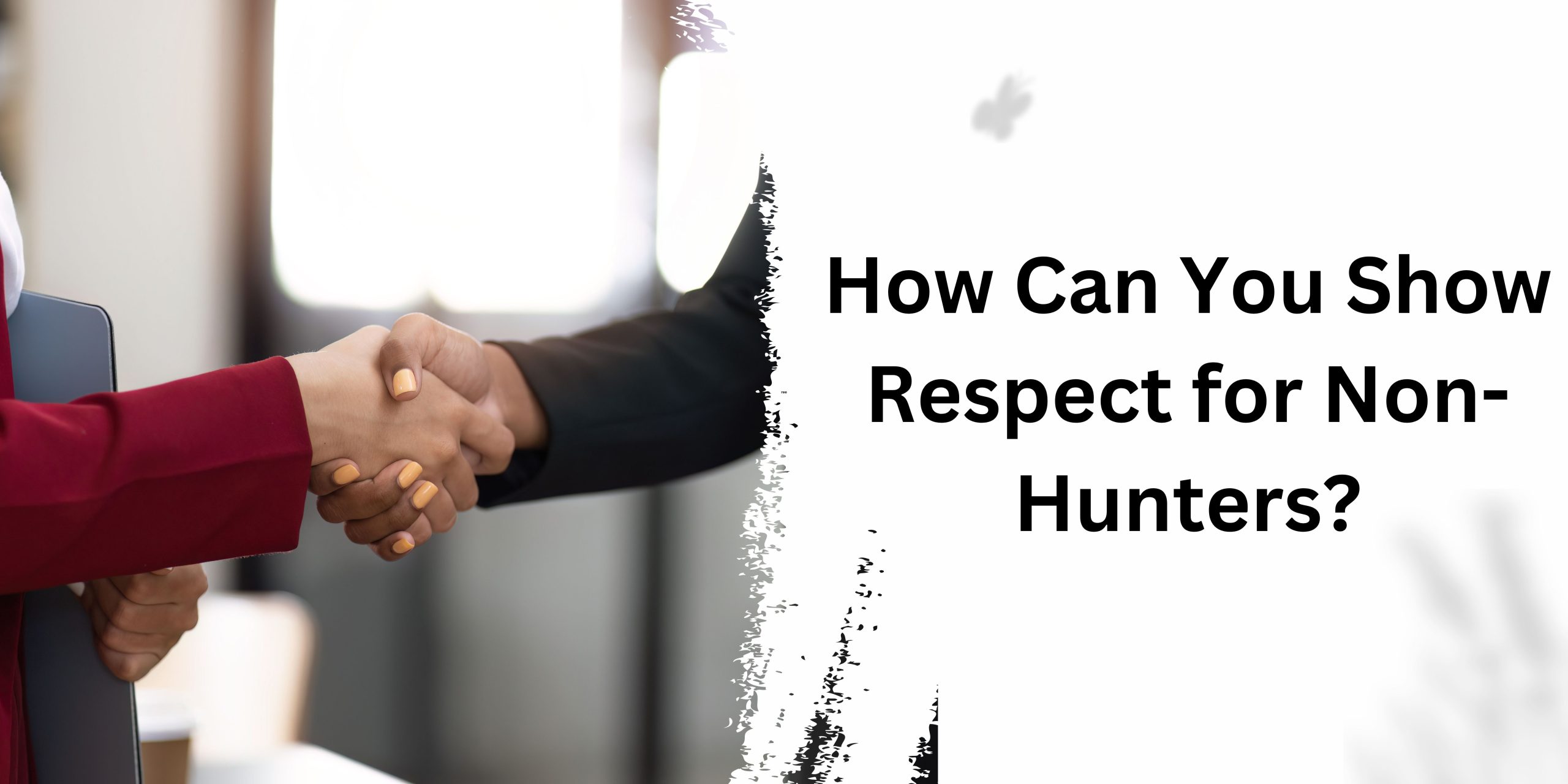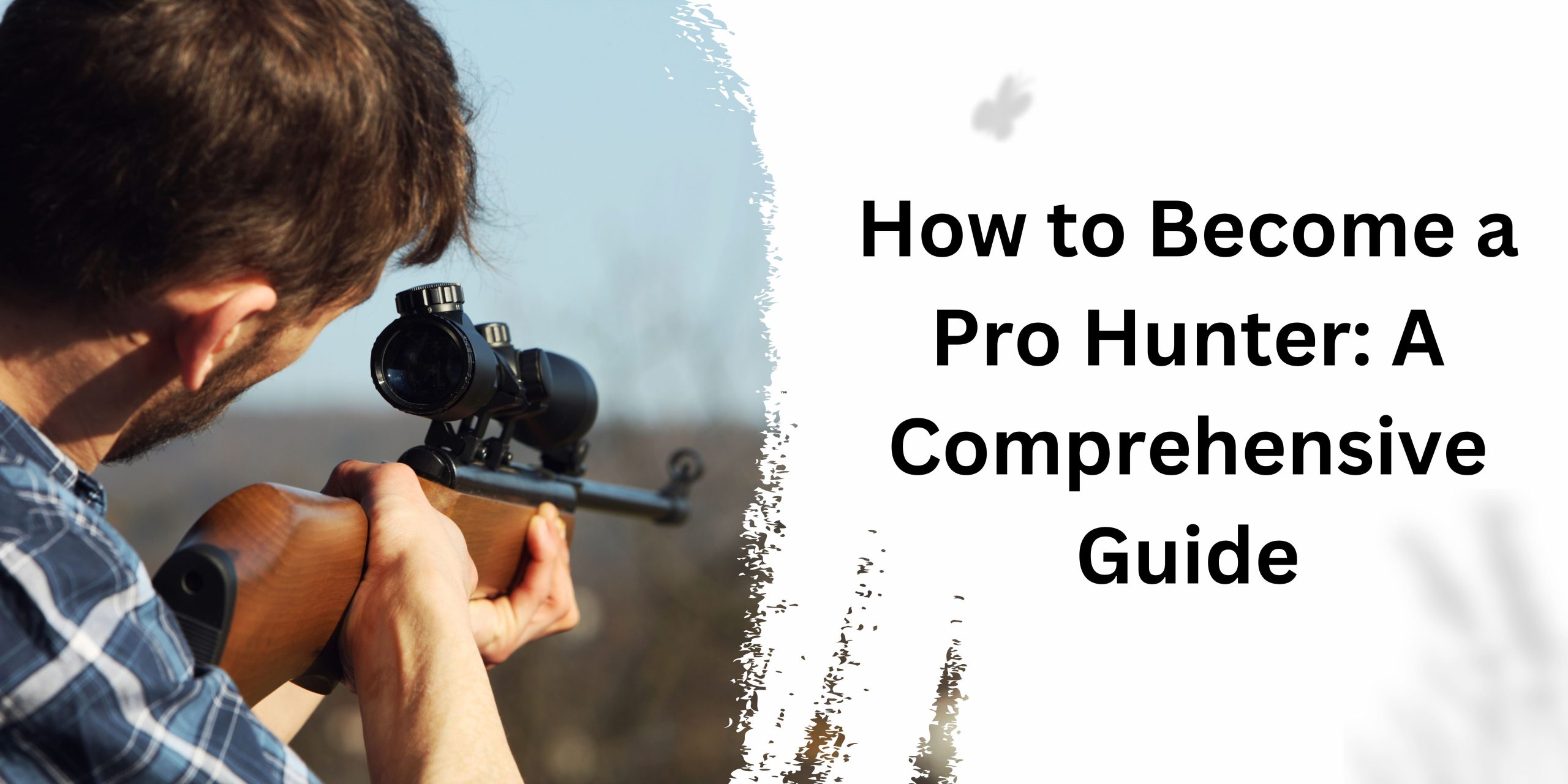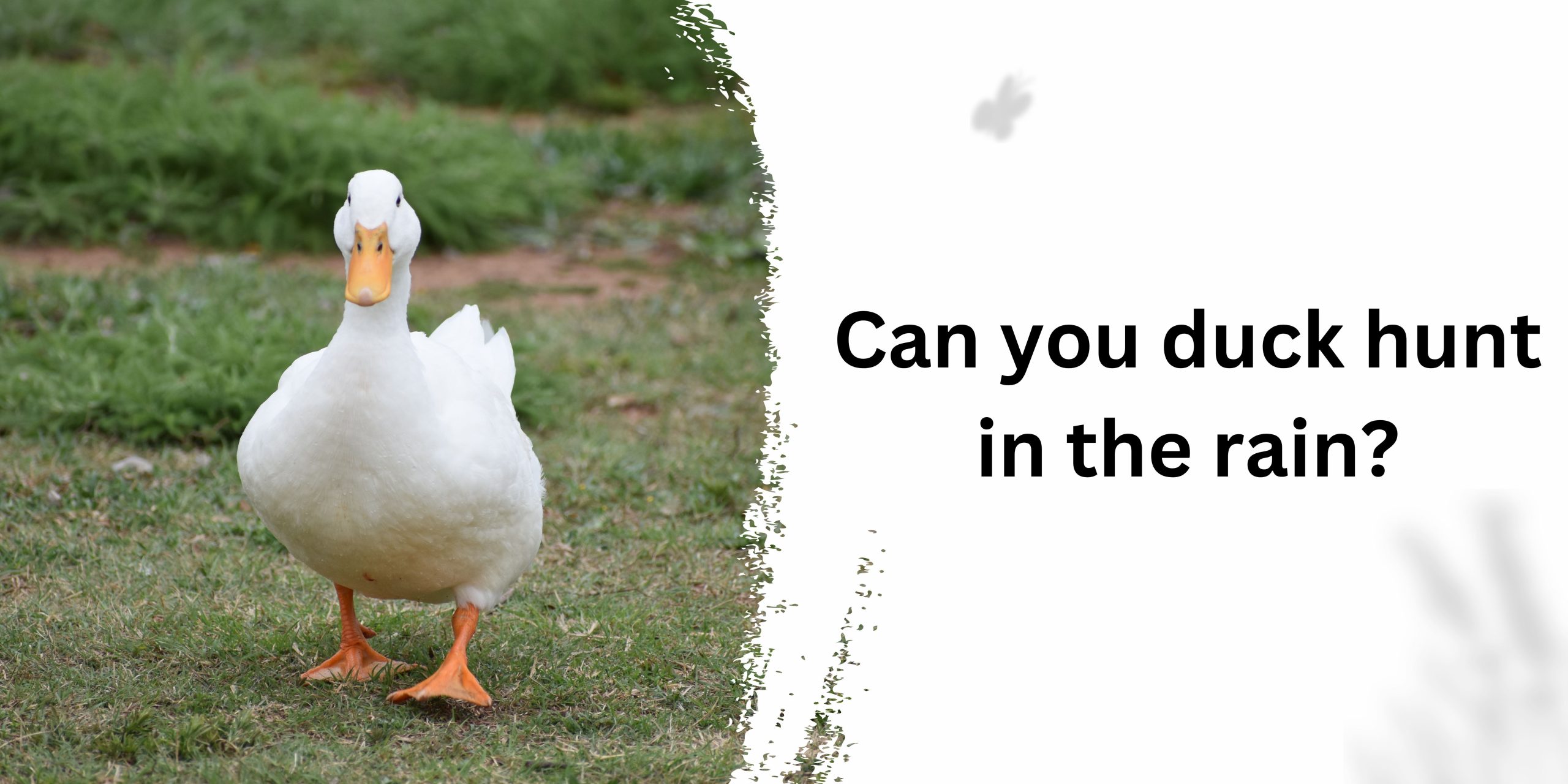As passionate hunters, it’s essential to recognize that not everyone shares our enthusiasm for the hunt. For some, the sight of a firearm or the sound of a gunshot can be unsettling or even frightening. To foster positive relationships with non-hunters and promote understanding of our beloved sport, it’s crucial to demonstrate respect and consideration in our actions and attitudes. Let’s explore some effective ways to show respect for non-hunters.
How Can You Show Respect for Non-Hunters
Understanding Perspectives
Non-hunters may have various reasons for their views, including ethical, environmental, or personal beliefs. It’s crucial to respect their perspectives, even if we don’t agree with them. Listening to their concerns and engaging in respectful dialogue can help bridge the gap between hunters and non-hunters.
Considerate Behavior
When hunting in areas frequented by non-hunters, such as public lands or near residential areas, it’s essential to be mindful of our behaviour. This includes minimizing noise pollution, following hunting regulations, and respecting property boundaries.
Educating Others
One of the most effective ways to promote understanding is through education. Sharing our knowledge and experiences in a positive and non-confrontational manner can help dispel misconceptions about hunting and highlight its importance in wildlife conservation.
Engaging in Conservation Efforts
Participating in conservation efforts demonstrates our commitment to preserving wildlife and their habitats. Non-hunters are more likely to respect hunting when they see hunters actively working to protect the environment and wildlife populations.
Respecting Wildlife
Respecting wildlife is paramount in showing respect for non-hunters. This includes taking ethical shots, minimizing suffering, and adhering to bag limits and hunting seasons. Responsible hunting practices not only benefit wildlife but also enhance the image of hunting in the eyes of non-hunters.
Promoting Positive Representation
As ambassadors of hunting, it’s essential to portray ourselves in a positive light. This means avoiding insensitive or controversial behaviour, both in person and on social media. By showcasing hunting as a respectful and ethical pursuit, we can help change negative perceptions.
Read More: Top quality knee high hunting boots
How can I respectfully respond to criticism of hunting?
Responding to criticism of hunting requires empathy, understanding, and a willingness to engage in constructive dialogue. Here are some tips on how to respectfully address criticism:
- Listen actively: Pay attention to the concerns raised by the critic and show that you are listening. Acknowledge their perspective and avoid interrupting or dismissing their views.
- Be respectful: Maintain a respectful tone in your response, even if you disagree with the criticism. Avoid personal attacks or aggressive language.
- Provide factual information: Use factual information and evidence to support your points. Explain the role of hunting in wildlife management, conservation, and the local economy.
- Share your passion: Share your passion for hunting in a positive and non-confrontational manner. Explain why hunting is important to you and how it has benefited you personally.
- Highlight the positives: Emphasize the positive aspects of hunting, such as its role in wildlife conservation, sustainable use of natural resources, and the cultural and social benefits it provides.
- Offer to educate: Offer to educate the critic about hunting practices, regulations, and the ethical considerations that hunters follow. Invite them to join you on a hunting trip or to attend a hunting education program.
- Respect differing opinions: Acknowledge that people may have different opinions and beliefs about hunting. It’s okay to agree to disagree, as long as the discussion remains respectful.
- Seek common ground: Look for common ground with the critic, such as a shared concern for animal welfare or a love of nature. Finding common ground can help bridge the gap between opposing viewpoints.
Read More: What is Professional Hunting?
Summary
Respecting non-hunters is essential for maintaining positive relationships and promoting understanding of hunting. By understanding their perspectives, behaving considerately, educating others, engaging in conservation efforts, respecting wildlife, and promoting positive representation, we can show respect for non-hunters and enhance the image of hunting as a responsible and ethical activity.
Read More: How Much Does It Cost to Hunt a Giraffe?







